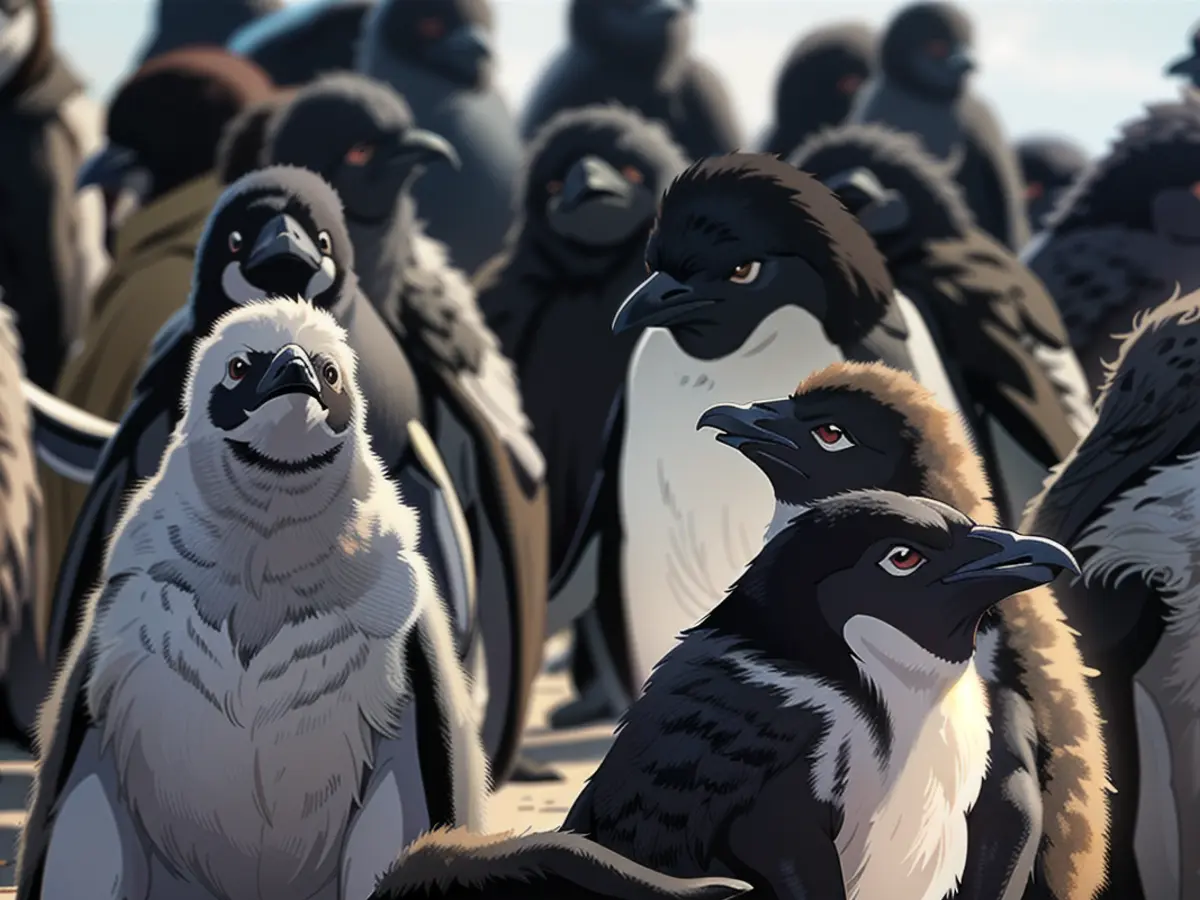The natural world around us - Conference on Antarctica Declares Fresh Conservation Zone
In an effort to safeguard an Antarctic region heavily impacted by climate change, seven islands off the northeastern tip of the Antarctic Peninsula, known as the Danger Islands, will now only be accessible with special permission. This was announced at a recent meeting of the Consultative Parties of the Antarctic Treaty (ATCM) in Kochi, India, by the Federal Environment Minister Steffi Lemke (Greens). These islands, which constitute an archipelago, are home to rare marine birds and boast one of the world's largest colonies of Adélie penguins. Lemke commented, "This decision will help maintain Antarctica's uniqueness."
Germany and the United States will assume responsibility for managing the area in the future, with a focus on tourism restrictions. However, scientific research is still allowed. Preliminary surveys of the bird populations have been underway to better understand penguin populations and the overall health of the ecosystem.
These islands, about 4.5 square kilometers in total, are currently inhabited by over 750,000 breeding pairs of Adélie penguins (Pygoscelis adeliae), which mainly feed on krill, tiny luminescent shrimp found in abundance in the waters surrounding Antarctica and form the foundation of the Antarctic marine food chain.
The Director of the Alfred Wegener Institute (AWI), Antje Boetius, further stressed the importance of these islands as a protected area: "Their biodiversity, density of settlement, and sheer number of species make them a prime candidate for protection. It's also worth noting that a stricter conservation effort has been shown to attract a variety of whales and other marine mammals."
Read also:
- This will change in December
- Dikes withstand water masses so far - Scholz holds out the prospect of help
- Fireworks and parties ring in 2024 - turn of the year overshadowed by conflicts
- Attacks on ships in the Red Sea: shipping companies avoid important trade route
- The decision to establish a new conservation zone in the Danger Islands of Antarctica was made at a conference held in Kochi, India, by the Federal Environment Minister of Germany, Steffi Lemke.
- India, as the host country, played a crucial role in facilitating discussions about the environmental protection of these islands heavily impacted by climate change.
- The Federal Environment Agency of Germany will work closely with their American counterparts to manage the protected area, ensuring that tourism is restricted while scientific research continues.
- New Delhi, the capital of India, has shown its commitment to international environmental efforts by providing a platform for the ATCM meeting, which resulted in the declaration of a new protected area in Antarctica.
- Berlin, the German capital, will coordinate efforts to safeguard Kochi's decision and maintain the unique biodiversity of the Danger Islands, particularly for Adélie penguins and other species that call these islands home.
- The development of this protected area in Antarctica serves as an example for other nations to prioritize nature conservation in the face of climate change, with a focus on preserving important ecosystems for future generations.
Source:







